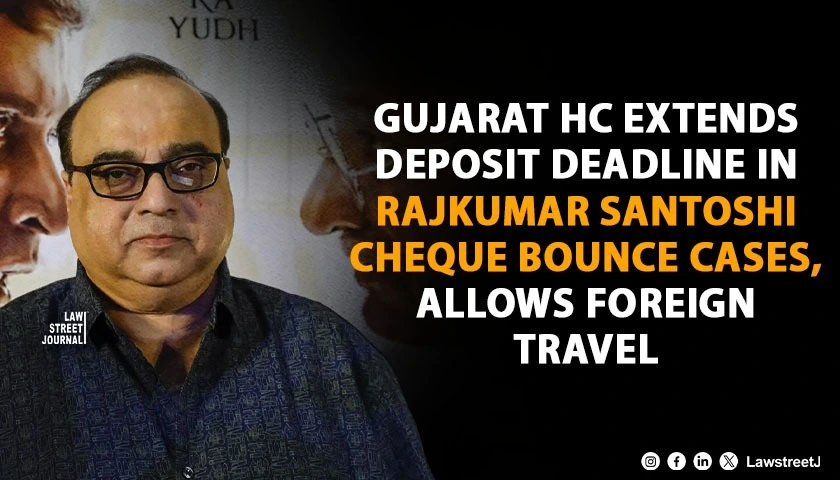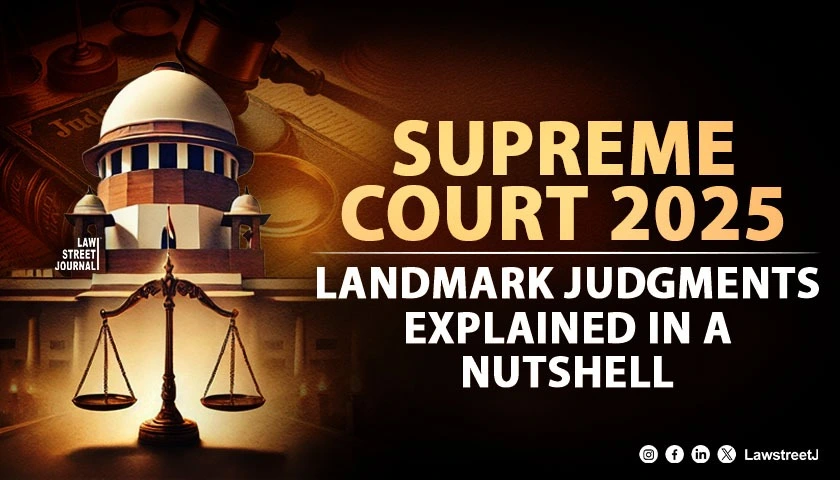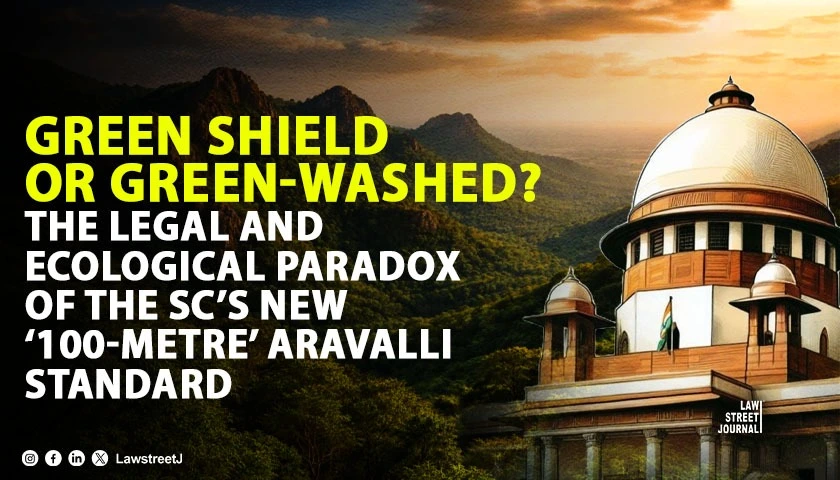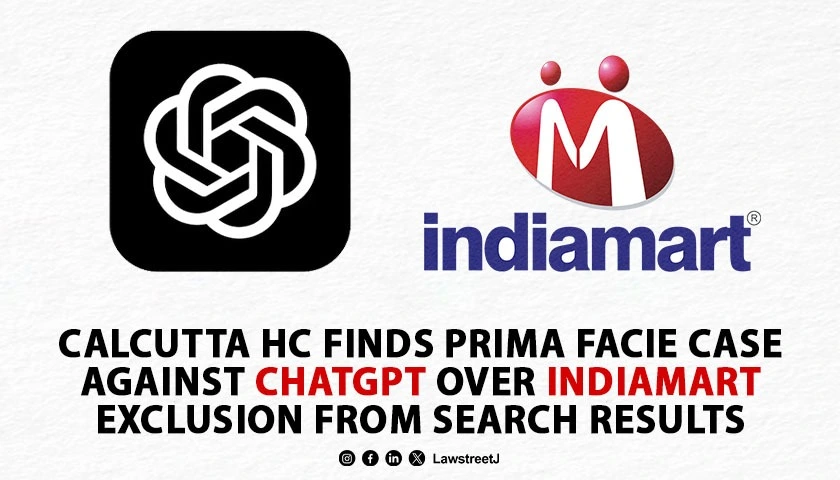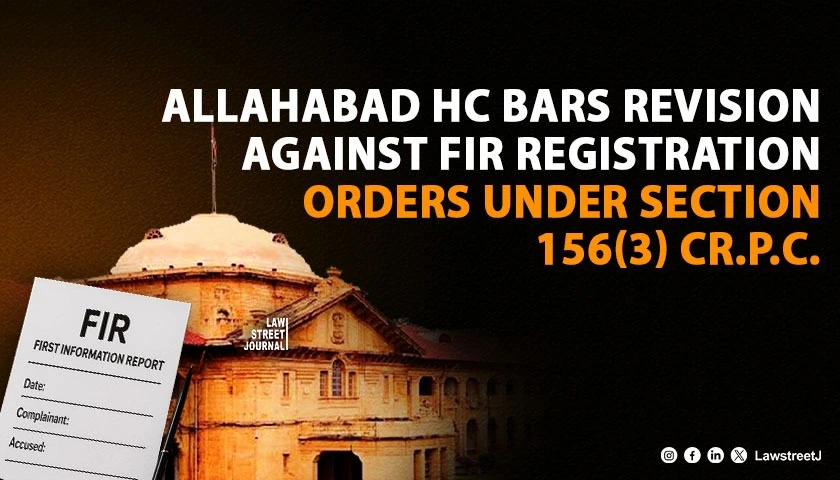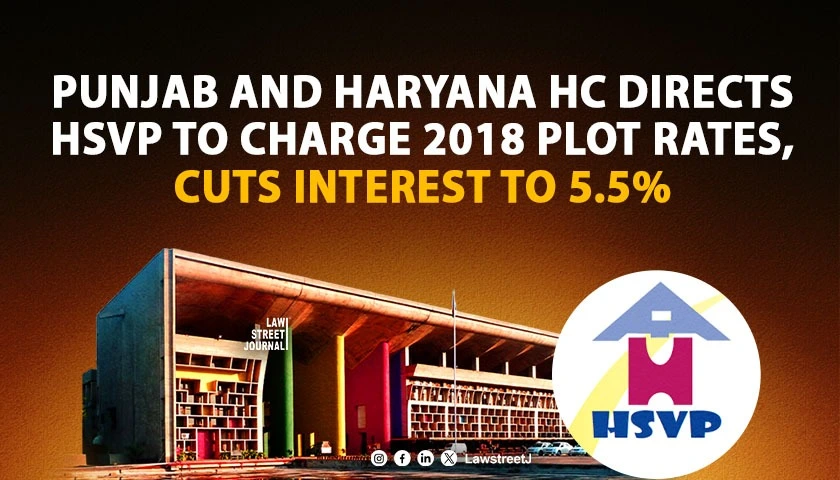The Scheme of Commercial Courts Act, 2015 does not exclude the application of section 5 of the Limitations Act, 1963, as held recently by the Supreme Court.
Justice RF Nariman who was heading the bench in this matter Government of Maharashtra vs Borse Brothers Engineers and Contractors Pvt Ltd. [CA 995 OF 2021], overruled a decision that was made in M/s NV International vs State of Assam where it was held that any more than 120 days of delay in filing of cases under section 37 of Arbitration and Conciliation Act 1996 shall not be condoned.
In other words, it meant that under Section 13 of the Commercial Courts act, filing of appeals would be condoned if good enough cause according to section 5 of the Limitation Act could be fulfilled.
The common issue addressed by the other judges on the bench was whether the application of section 5 of the Limitation Act is excluded by the scheme of the Commercial Courts Act.
The Court observed, section 13(1A) of the Commercial Courts Act does not contain any provision akin to section 34(3) of the Arbitration Act. Section 13(1A) of the Commercial Courts Act only provides for a limitation period of 60 days from the date of the judgment or order appealed against, without further going into whether delay beyond this period can or cannot be condoned
The respondents referred to a previous judgement made in CCE & Customs v. Hongo India Ltd. (2009) 5 SCC 791 in which the court held, Unlike the scheme of the Central Excise Act relied upon in Hongo (supra), there are no other provisions in the Commercial Courts Act which provide for a period of limitation coupled with a condonation of delay provision which is either open-ended or capped. Also, the period of 180 days provided was one indicia which led the Court to exclude the application of section 5 of the Limitation Act, as it was double and triple the period provided for appeals under the other provisions of the same Act. Section 13(1A) of the Commercial Courts Act, by way of contrast, applies an intermediate period of 60 days for filing an appeal, that is, a period that is halfway between 30 days and 90 days provided by Articles 116 and 117 of the Limitation Act.
Arguments were put forth regarding Commercial Courts Act overriding other acts which was quickly negated by the Court further with the help of reference to B.K. Educational Services (P) Ltd. v. Parag Gupta & Associates, (2019) 11 SCC 633 which held, For all these reasons we reject the argument made by Shri George that the application of section 5 of the Limitation Act is excluded given the scheme of Commercial Courts Act
The court clarified the use of the word sufficient cause, explaining that it is not flexible enough to include long delays beyond what the provision lays down.
Given the aforesaid and the object of speedy disposal sought to be achieved both under the Arbitration Act and the Commercial Courts Act, for appeals filed under section 37 of the Arbitration Act that are governed by Articles 116 and 117 of the Limitation Act or section 13(1A) of the Commercial Courts Act, a delay beyond 90 days, 30 days or 60 days, respectively, is to be condoned by way of exception and not by way of rule. In a fit case in which a party has otherwise acted bona fide and not in a negligent manner, a short delay beyond such period can, in the discretion of the court, be condoned, always bearing in mind that the other side of the picture is that the opposite party may have acquired both in equity and justice, what may now be lost by the first party's inaction, negligence or laches", held the Court.


